Myths about Sugar
For many years, sugar has had a bad reputation. At the very least, it has been considered a junk food and an indulgence. More seriously, it has also been said to cause heart disease, obesity, cavities, hyperactivity in children, and diabetes
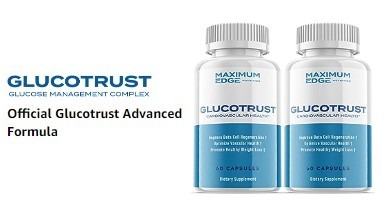
Glucotrust Advanced Formula
Gluco Trust Max Capsules Maximum Strength Support
Diabetes and The Myths About Sugar
While it’s true that sugar per se is a source of “empty” calories – that is, it provides no nutritional value aside from energy – it certainly isn’t the dietary villain it has been portrayed as. At the same time many of us consume more sugar than we realize because of its prevalence in many of the foods we eat, particularly processed foods and soft drinks.
Many of the foods we eat contain sugar, or are changed into sugar through the process of digestion. Sugar is then absorbed from the stomach and small intestine into the bloodstream. For sugar to be used as fuel for the body, however, the hormone called ‘insulin’ is required. Insulin is produced by the pancreas and it helps sugar move from the bloodstream into the cells that make up the body. Diabetes occurs when there is not enough insulin, or the insulin that is produced is not able to work as well as it should. The result is that too much sugar stays in the bloodstream and not enough sugar gets into the cells of the body where it can be used as fuel.
All sugars are essentially the same and none offers significant nutritional advantages over another. Therefore, there is no difference between honey or brown sugar and table sugar. The sugar in fruit is no better than the sugar in a candy bar. Fruit actually contains a combination of fructose, sucrose, and glucose.
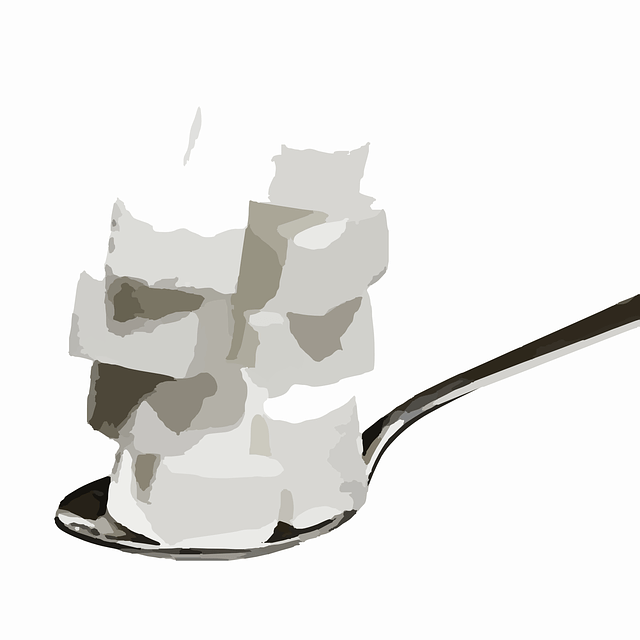
Fructose is very low on the glycemic index and has a slower entry rate in the bloodstream than glucose. Also when you eat fruit, the fiber slows down absorption into the bloodstream. The health bonus that comes from eating fruit lies in their vitamin, mineral, and fiber content, not in the type of sugar they contain.
| Other Names for Sugar | ||
| Barley Malt | Glucose | Maltose |
| Brown Sugar | Grape Sugar | Mannitol |
| Cane Sugar | Grape Sweetener | Maple Syrup |
| Corn Sweetener | High Fructose corn syrup | Sorghum |
| Corn Syrup | Honey | Sorbitol |
| Dextrose | Invert Sugar | Sucrose |
| Fructose | Lactose | Sugar |
The Body Needs Sugar
Glucose, the main sugar in the blood and a basic fuel for the body, is essential to the functioning of all cells, particularly brain cells. But you don’t need to eat any sugar to supply your body with glucose. All you need is complex carbohydrates, also known as starches, which are found in foods derived from plants – grains, vegetables, and fruits. Starchy foods such as breads, rice, pasta, potatoes, cereals, corn or any food made with grain or flour, do not usually taste ‘sweet’, but they are changed into sugar through the process of digestion.
Sugar alone is not to blame for obesity. Eating more calories than you burn up adds pounds to the body – and for most people the lion’s share of excess calories comes from eating too much fat, not sugar. In fact, some studies have found, that lean people tend to eat more sugar (and less fat) than obese people. People often blame sugary foods for weight gain, forgetting that cakes ice cream, chocolate, and cookies derive most of their calories from fat, not sugar, and that fat has more than twice the calories of sugar.
|
While daily blood glucose testing tells you what your blood sugar level is at the time you test, HbA1c testing tells you your “average” blood sugar level over the past 2-3 months. These tests are very important in protecting your long-term health. Maintaining good HbA1c levels will help reduce your risk of diabetes complications such as blindness, kidney disease, nerve damage, stroke, and heart failure. |

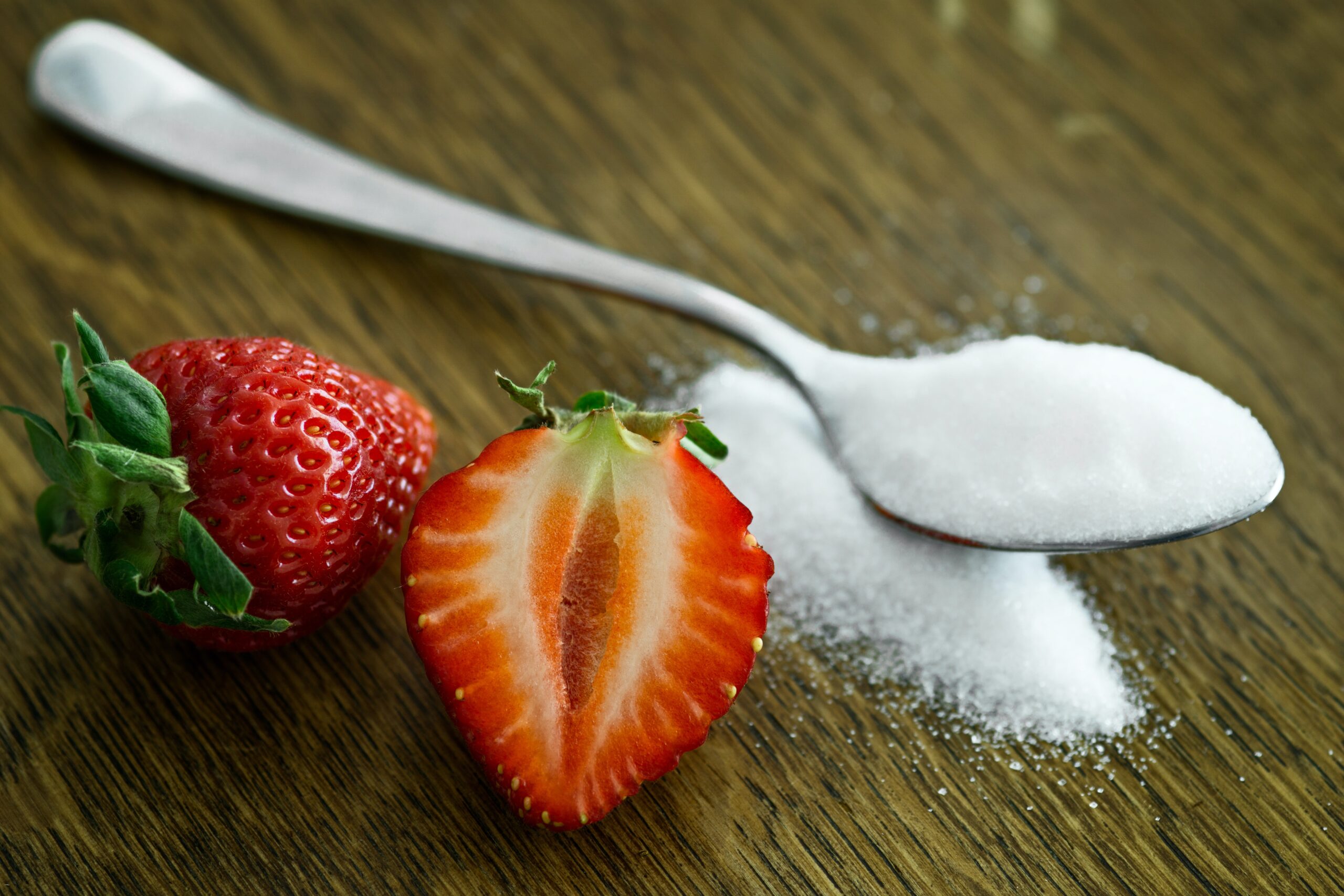


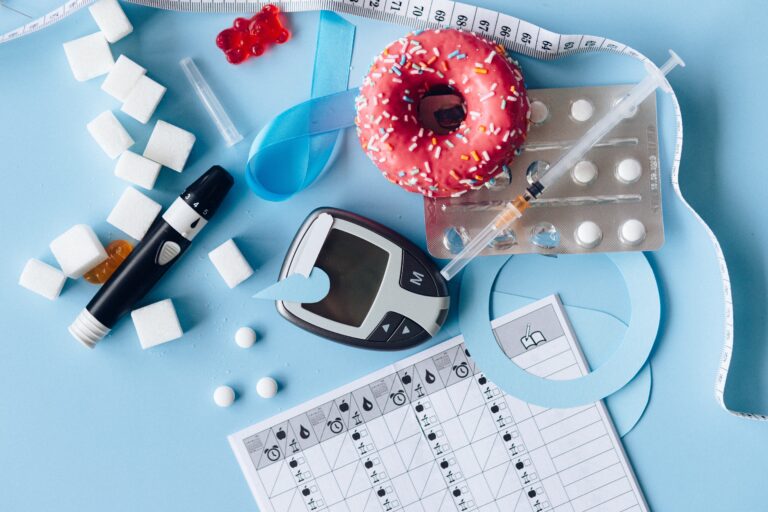
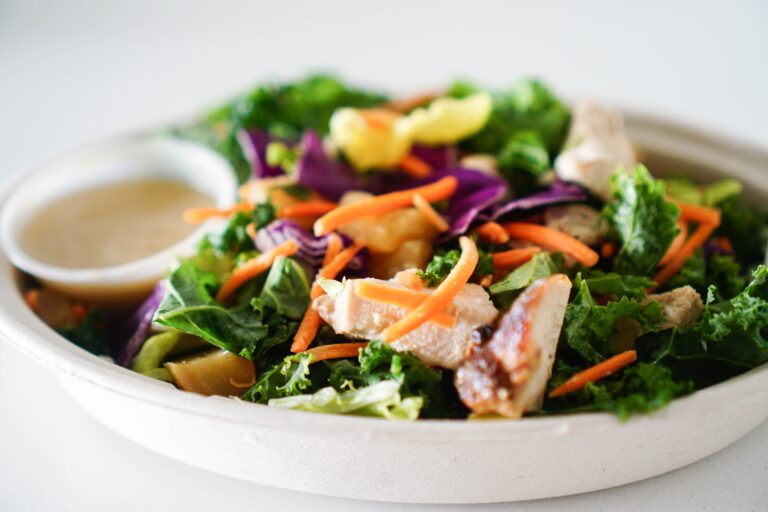
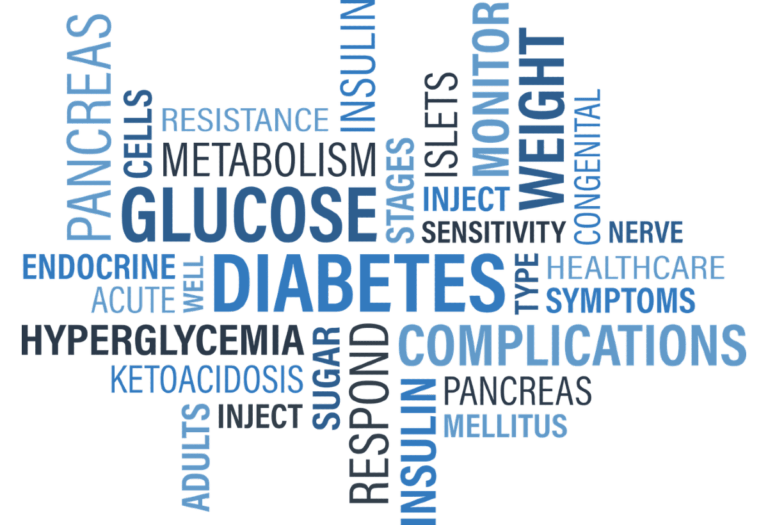

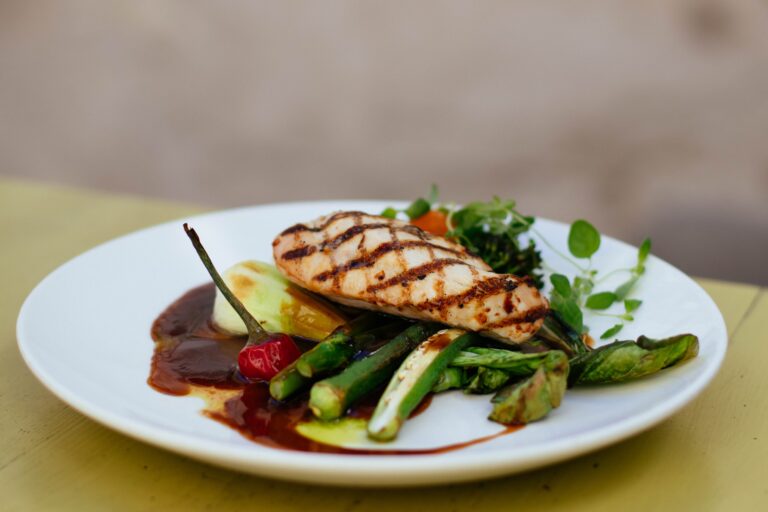

It is nearly impossible for me to find fat free low sugar deserts that I like. Most of them just have no flavor.
Thanks for your blog, I agree that fat is worse than sugar. It is so hard for me to stay away from sugar so I really try to limit my fat intake.
I try to avoid sugar when I can but I really hate the high fructose corn syrup. I have to make my own BBQ sauce because most of the ones I have found are either not good or have way too much corn syrup.
In the USA in find deserts to be much sweeter than in other countries. I really love the shave ice in Taiwan that has beans. Awesome desert that is not very sweet.